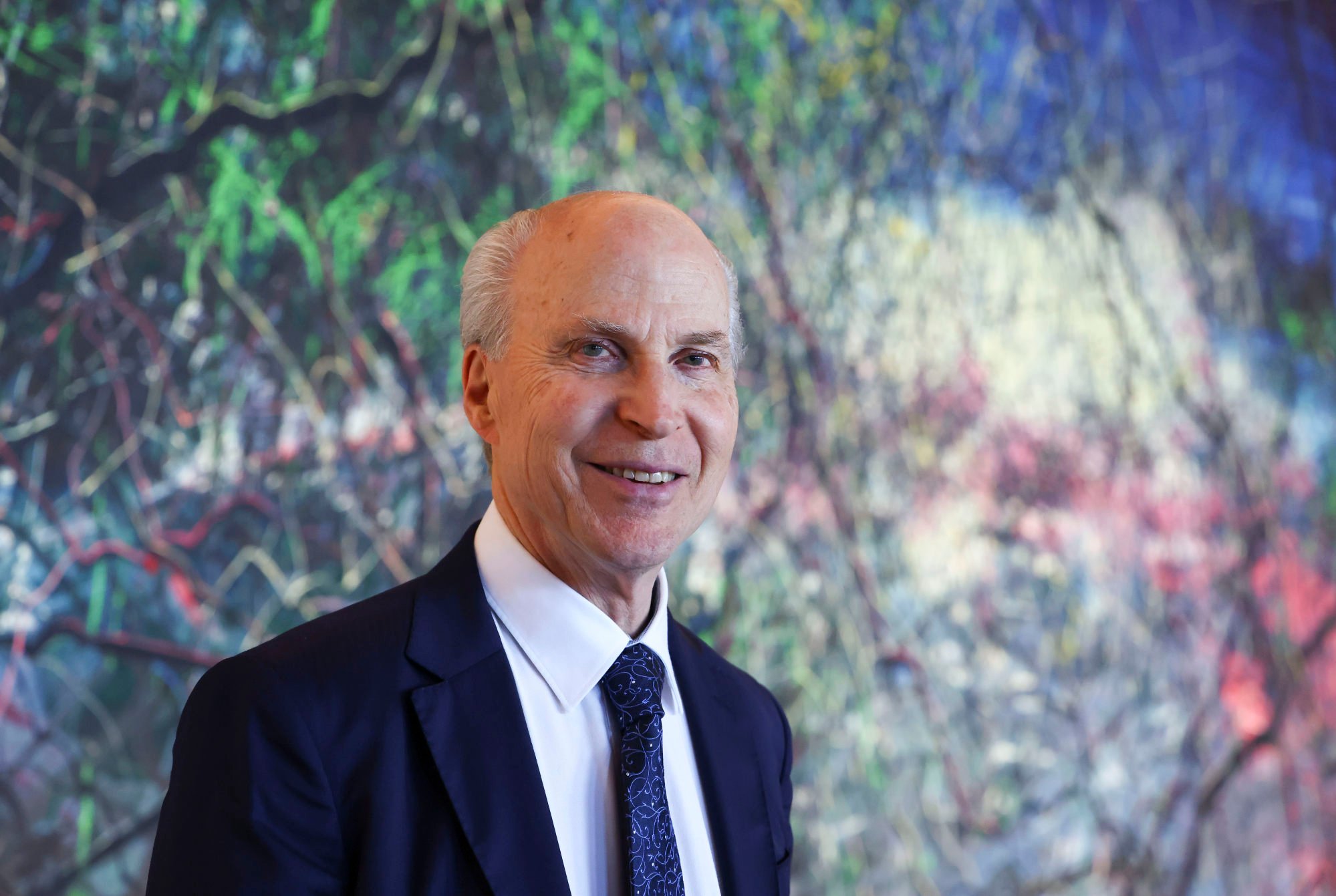
Nobel laureate calls Hong Kong ‘very strong base’ for life science field, but urges city to push for diverse talent pool
- Stanford University’s Professor Roger Kornberg, who won his Nobel Prize in 2006, also says infrastructure and lab work opportunities important in attracting scientists
- ‘Hong Kong is … after New York and London, I can’t think of another city that would be such a welcoming place for people coming from all around the world’, he adds
A Nobel laureate in chemistry has called Hong Kong a “very strong base” for the life science field, while encouraging local authorities to diversify the city’s talent pool by offering more opportunities that can help build incoming scientists’ careers.
“People have commented on some of the loss of vigour and energy of the city due first to the pandemic, and perhaps also to political change. I’m not aware of that,” the Stanford University biotech expert said.
“As a visitor, one is often not so aware of undercurrents or whatever lies beneath the city. I hope that Hong Kong will regain its momentum.
“Hong Kong is … after New York and London, I can’t think of another city that would be such a welcoming place for people coming from all around the world, a place where they would be happy to live and work.”
Kornberg won the Nobel Prize for his studies on the molecular basis of eukaryotic transcription, the process by which genetic information from DNA is copied to RNA.
The US academic was in Hong Kong for a four-day trip that kicked off on Tuesday, with his itinerary including the Global Prosperity Summit and the Asia Summit on Global Health.
He said the city also enjoyed various advantages that made it a “very strong base” for the life science field, such as the number of universities per capita, the well-trained academic staff at such institutions and the city government’s policies aimed at attracting biotech companies and talent.
Hong Kong’s language, culture and proximity to mainland China meant it was no surprise the city was attractive to talent from across the border, the academic added.
But he also suggested that local authorities work to diversify the talent pool and bring in more Americans and Europeans, as well as people from the rest of Asia.
“What will attract scientists are the conditions for pursuing their scientific careers, like if there are very attractive opportunities for using infrastructure and … performing work in laboratories,” he added.
“I think young people, talented people will come from everywhere in the world to seek those opportunities.”

Kornberg said he had visited both Hong Kong and Shanghai since 1989, observing the two cities were still distinct despite the latter being on a development fast track since the 1990s.
“There’s still not a firewall in Hong Kong that prevents you from reading The New York Times. There are still free currency exchanges in Hong Kong,” he said.
Government data showed Hong Kong had attracted 45 life-science technology companies to set up or expand operations in the city, which resulted in an investment of HK$6.5 billion to the local economy since last year.
Lee earlier revealed that nearly 180,000 applications under the city’s various talent entry schemes had been approved as of the end of last month.
He said that more than 120,000 of the applicants had arrived in Hong Kong so far this year. Among the figure, 47,000 had come in under the Top Talent Pass Scheme, he added.
The scheme accepts applicants who earn more than HK$2.5 million annually or have graduated from one of the world’s top 100 universities, in addition to having at least three years of work experience over the past five years.
The Post reported last month that 95 per cent of those approved under the policy had come from the mainland.

